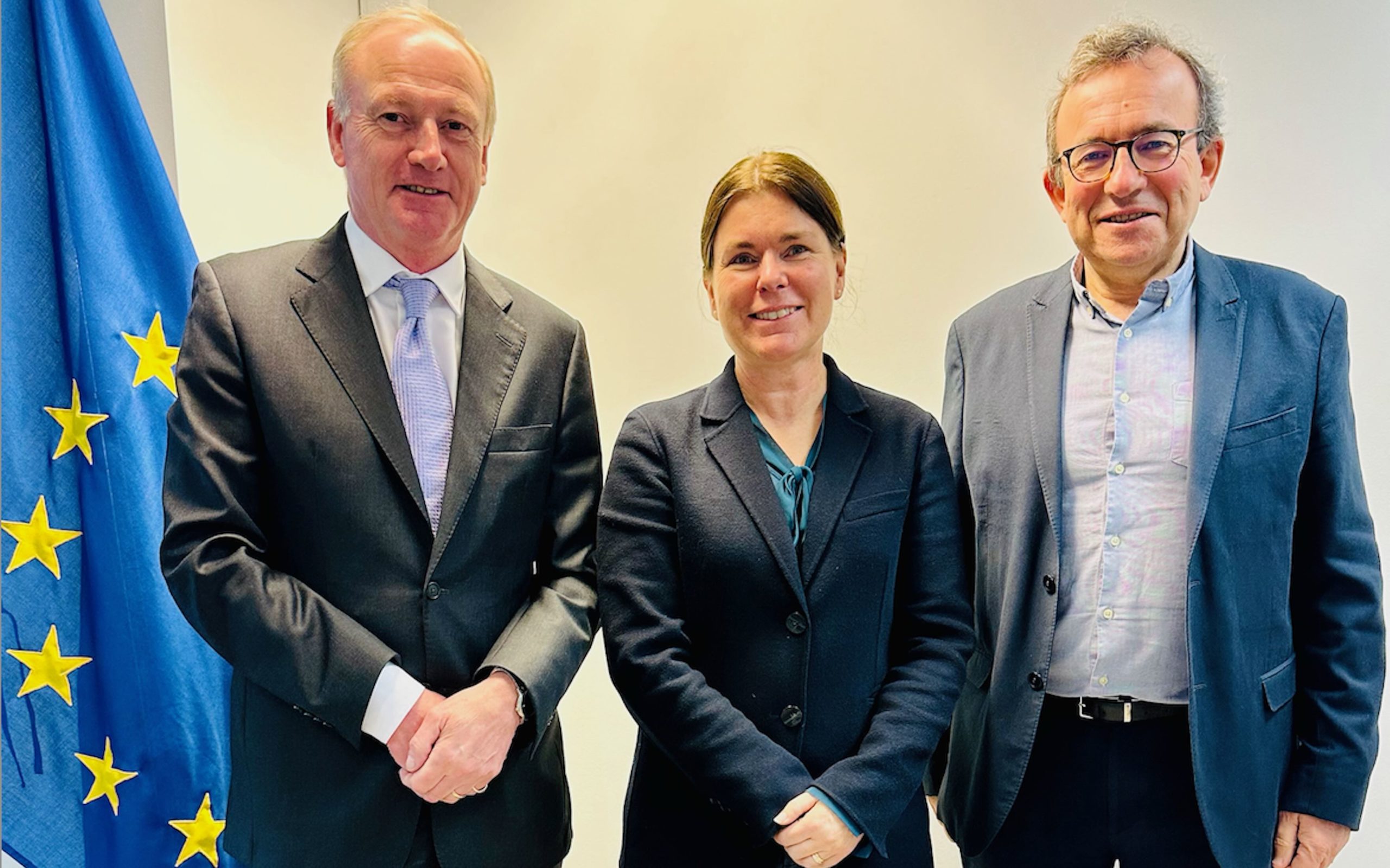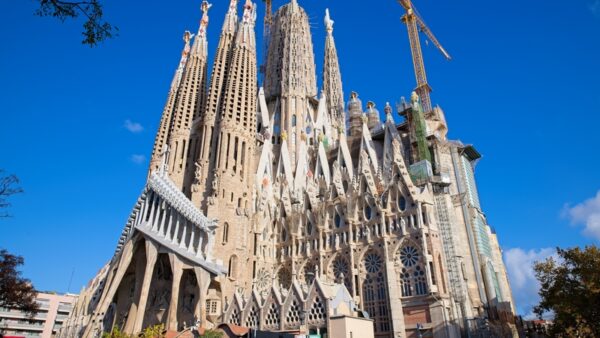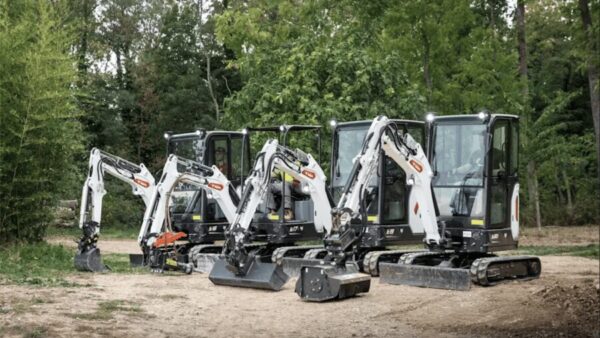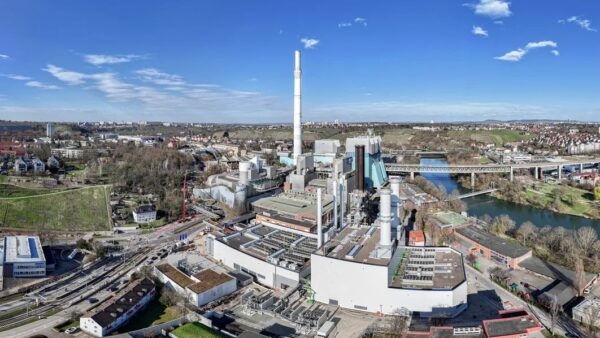
Three big construction sector bodies in Europe yesterday published a manifesto on achieving carbon and resource neutrality, outlining a long-term plan to cut greenhouse gas emissions and use less materials.
The three are the European International Contractors (EIC), the European Construction Industry Federation (FIEC), and the European Network of Construction Companies for Research & Development (Encord).
They advocate a circular business model that separates industry growth from ever-increasing resource use.
Ninety percent of primary resources will need to be reused to achieve carbon and resource neutrality by 2050, they said.
That will require “radical changes across the entire industry and unprecedented collaboration”, they added.
Their manifesto sets out six “strategic pillars” agreed by industry leaders.
- Resources: Materials should be reviewed for re-use potential, and the industry should redesign processes to ensure efficient use of space, prefabrication, and assembly.
- Procurement: New contracting models should promote collaborative working.
- Financing: Financing should help manage risk and promote ESG objectives (environmental, social, and governance).
- Energy: Cut energy use in construction and use carbon capture, storage, and use to cut embodied carbon in new infrastructure.
- People: Support them with “a collaborative culture to foster high performance and innovation”.
- Data: Connected information models like digital twins will help stakeholders plan, design, build, operate, and decommission built assets.
“The construction industry must transition towards becoming less wasteful and decouple the growth of a robust construction sector from the increasing use of raw materials,” said Christina Claeson-Jonsson, chair of Encord and head of research and innovation at Swedish construction group NCC.
“It is imperative that we unite and take the necessary steps towards a more sustainable business model. Government regulation across Europe is required to ensure that all parties involved in every link of the construction chain are moving in the right direction.”
Benoît Chauvin, EIC president and vice president of France’s Colas Group, said: “We believe that contractors across the European construction industry should increase and speed up investments and take much wider responsibility and leadership in harnessing the skills and resources of the whole construction value chain and all stakeholders to restore our environment and transform our economy.”
FIEC president Philip Crampton said: “We, as an industry need to decouple economic growth from the resource use with the aim of restoring natural capital that has been destroyed over time, while maintaining the competitiveness of our companies. Our six-point action plan is based on integrated stakeholder collaboration and a circular business model that minimises the use of new resources and production of waste. To achieve this, investment in training to up-skill and re-skill our workforce is essential.”










